متن سخنرانی
Mr. Chairman, I would like to congratulate you for your new role and thank Assistant Director General for providing reports and relevant materials.
With regards to the values and objectives of CI commission, I would like to raise a few concerns. First, concern is about the horrific level of atrocity we are witnessing in Gaza by Israeli regime against journalists and free communication. They have killed by now more than 40 journalists and yesterday, the UN secretary general mentioned that they have also killed more than 100 from UN staffs. More shockingly, they have shut down internet access inside Gaza most of the time during last 5 weeks. It is an unprecedented level of genocide and ethnic cleansing activity, particularly against journalists, press and communication network, to prevent world public opinion to be informed about what Israeli regime is doing against humanity inside Gaza.
Another issue that could undermine UNESCO’s values and objectives in CI commission, is the unilateral coercive measures that a UNECO member state has imposed on some other countries including Iran where I am representing today. Unilateral coercive measures have long targeted both Iran’s communication and media sectors, including IT companies, startups, and innovative research departments as well as most of the Iranian Media outlets and TV channels. Something that is particularly concerning is that all those media outlets have been also fully censored from main transnational social network giants owned by US companies including Meta, Google and X (previously called Twitter). The latter reality might be taken into consideration at the heart of UNESCO’s digital platform initiative.
The most recent coercive measure was imposed in Feb 8th 2023 targeting almost all devices used in telecommunication infrastructure and network in Iran. It is a very dangerous and threatening step towards deepening digital divide and creating internet islands that requires a collective and deliberative action from UNESCO’s member states against any unilateral coercive measure on threatening all CI values and objectives including media freedom, internet connectivity, information for all, and universal communication and connectivity.
I also would like to ask the Assistant Director General, Dr. Tawfik Jelaassi, to facilitate those concerns to take part in CI commission forthcoming agenda.

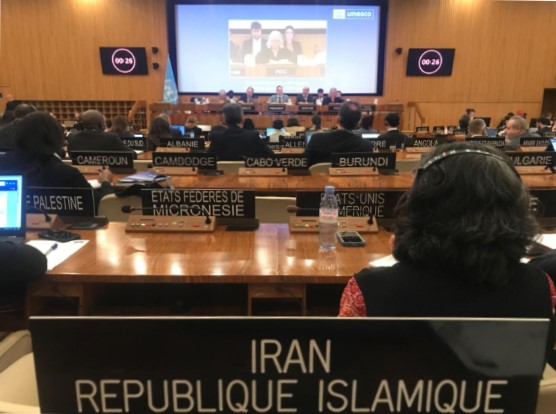
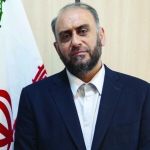 سید محمدصادق امامیان
سید محمدصادق امامیان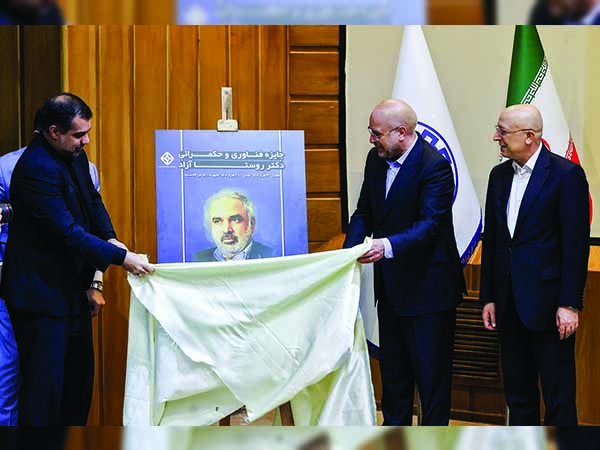 جایزه دکتر روستاآزاد
جایزه دکتر روستاآزاد
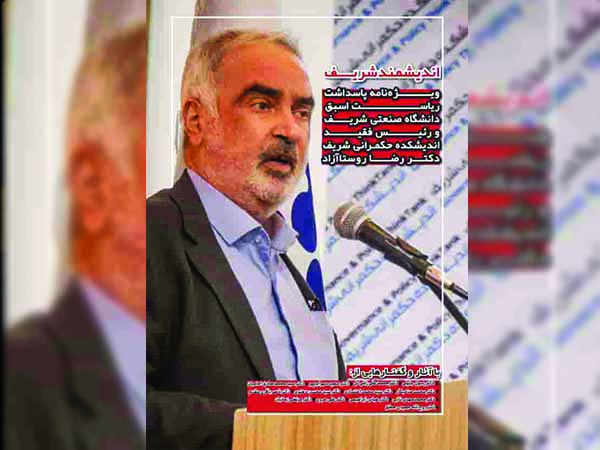 ویژهنامه
ویژهنامه
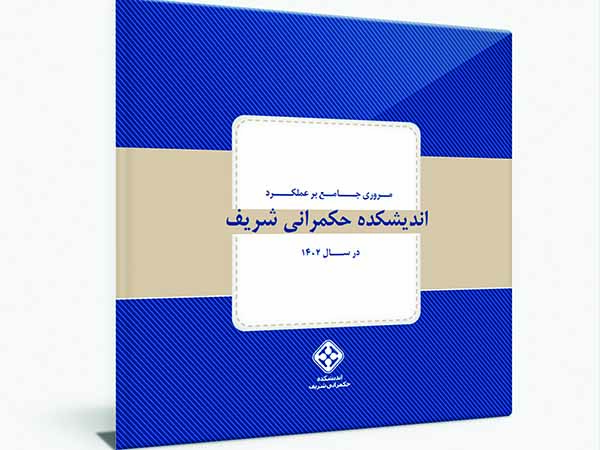 سالنامه 1403
سالنامه 1403
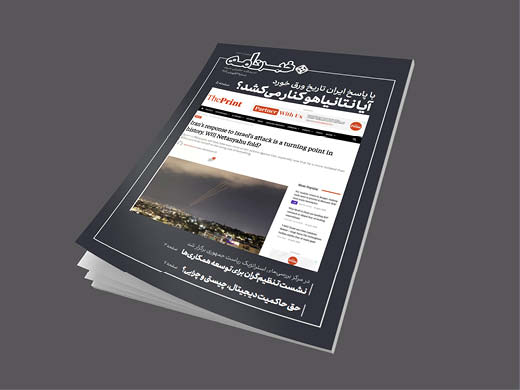 خبرنامه/شماره 22
خبرنامه/شماره 22
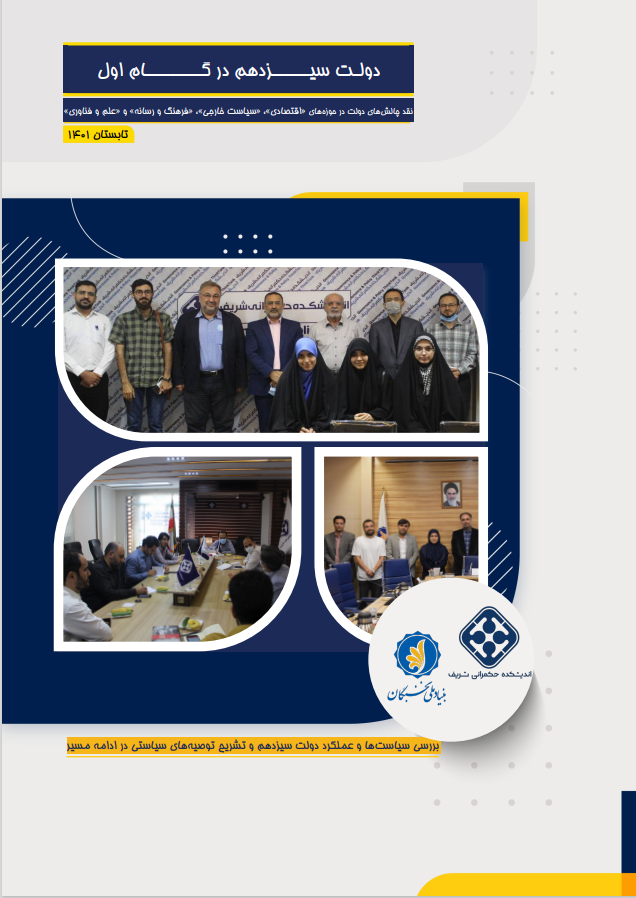 کتاب
کتاب
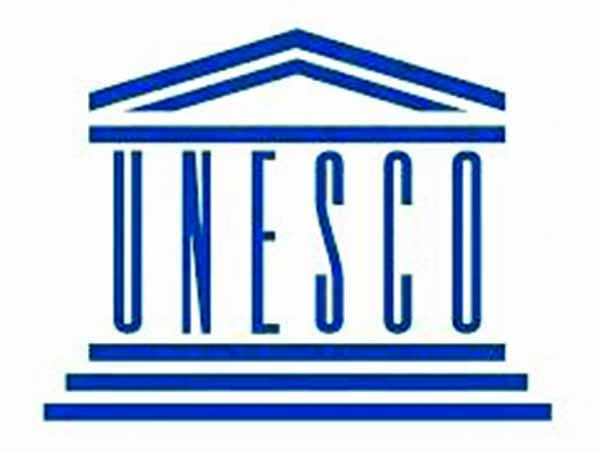 گزارش سیاستی
گزارش سیاستی
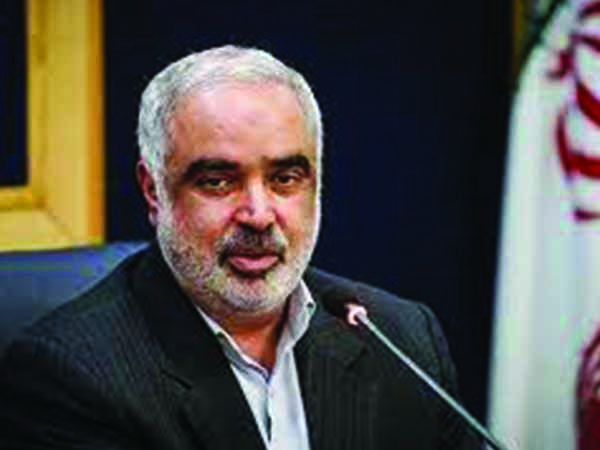 مراسم یادبود
مراسم یادبود